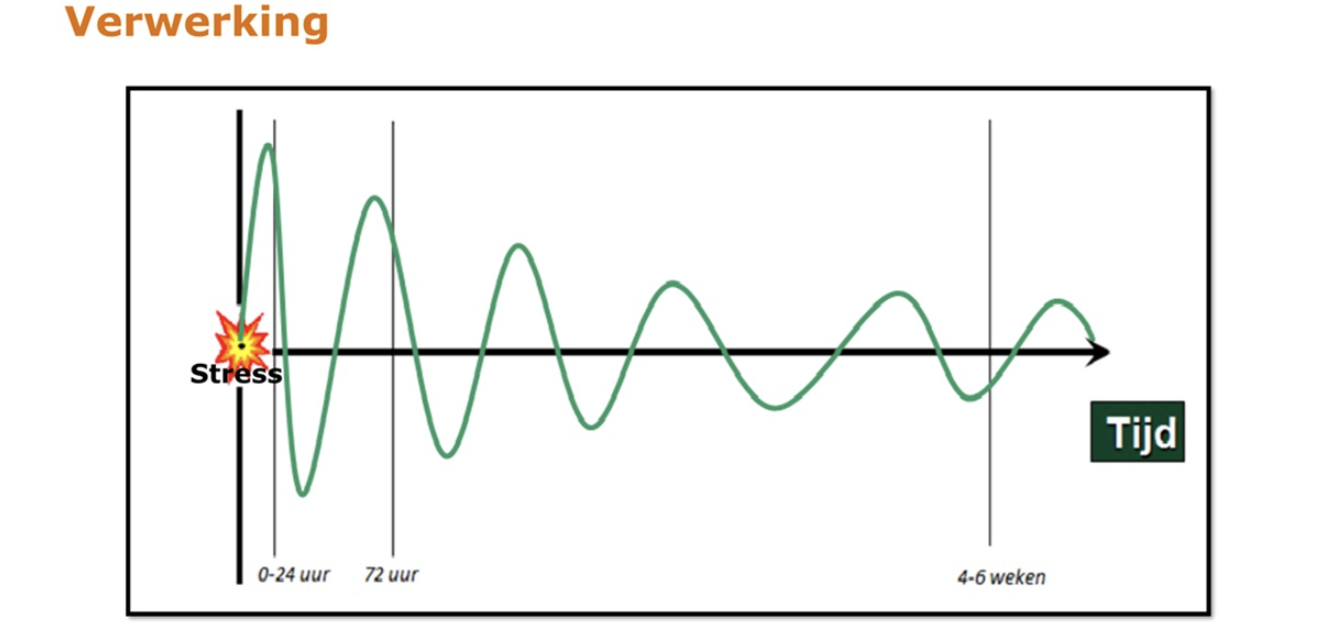Without stress, no growth!
Boom! There it is, the coronavirus. With a massive impact, it forces us to revisit life’s fundamental aspects. Challenges at work and home suddenly converge for me too. The result is a stress reaction. Stress can lead to burnout, but it can also foster growth! Entrepreneurs and leaders can harness this potential if they remain vigilant. It’s understandable that shifts or even job losses cause stress. The weight of responsibility rests heavily on your shoulders. You’re scouting the best opportunities for yourself and your team. Interestingly, without a certain level of stress, growth often remains elusive. It’s precisely this “tension” that can be channelled into action… and through action, we learn.







